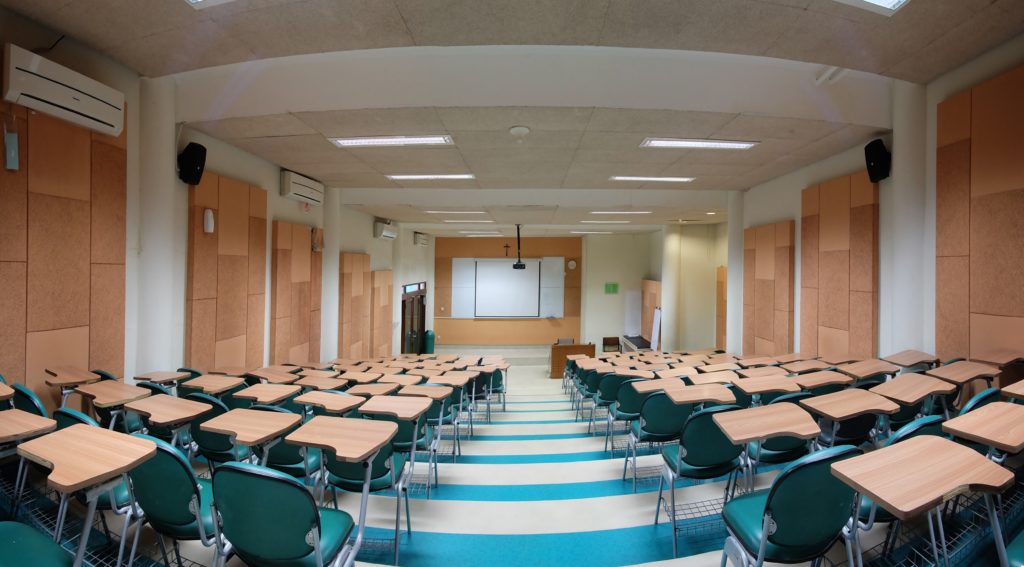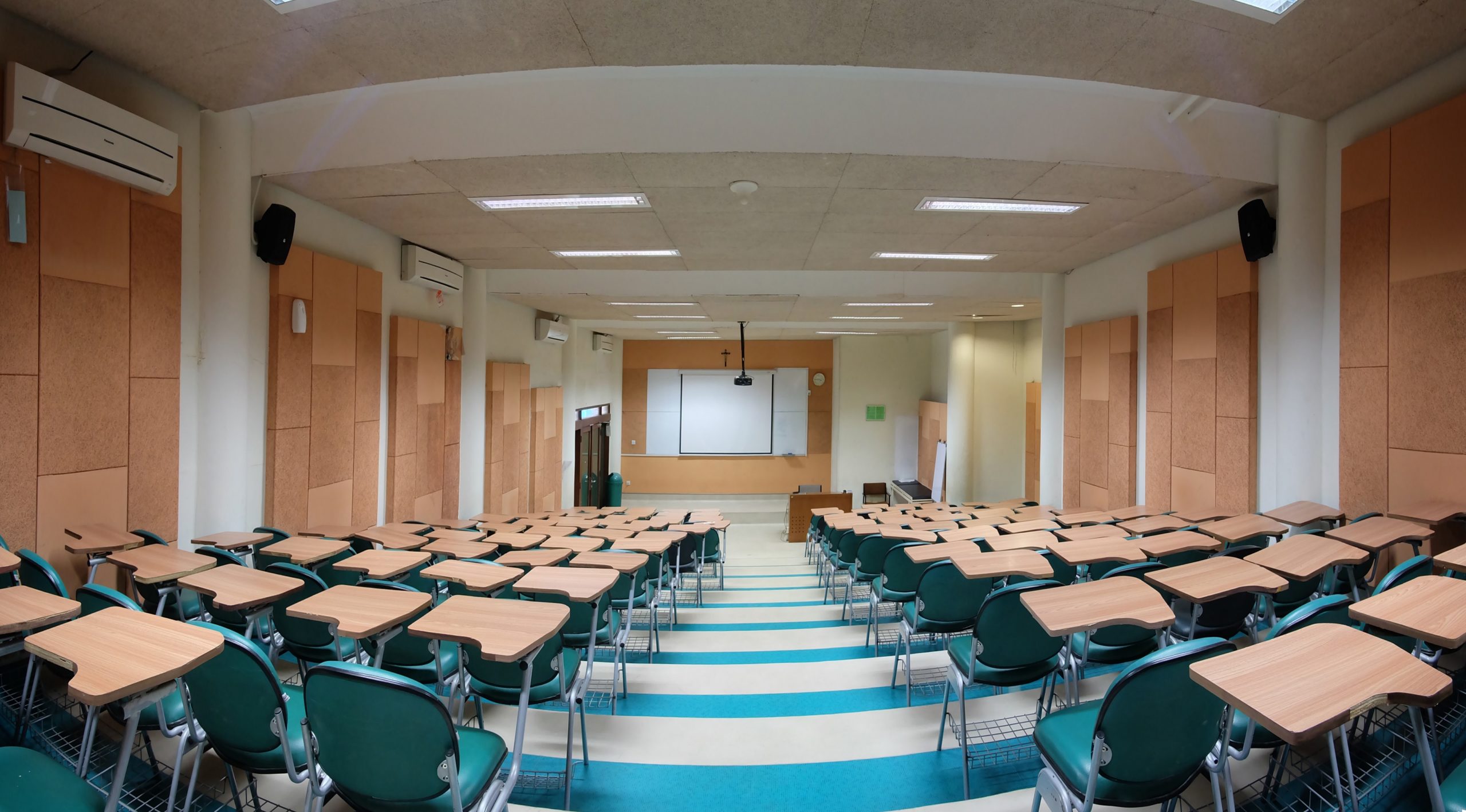For more than a decade, students have been deserting the university benches in the United States. But the process has accelerated with the pandemic, as since 2019, undergraduate enrollment is down by more than one million students, across all types of universities. Among them, the most disadvantaged students typically remain the most affected.
Since the start of the pandemic, university enrollment in the U.S. has dropped significantly. Over the last two years, undergraduate enrollment is down by 6.6%, or more than a million students, according to data published January 13 by the National Student Clearinghouse Research Center.

This decline in undergraduate enrollment was noticed long before the pandemic. But the COVID-19 crisis has helped to reinforce the phenomenon, forcing thousands of low-income students to drop out. At community colleges, enrollment has dropped 13.2% in the past two years. But all types of universities are affected by the drop in students, such as private, non-profit four-year institutions, which have seen a 6.2% drop in enrollment.
“Our final look at fall 2021 enrollment shows undergraduates continuing to sit out in droves as colleges navigate yet another year of Covis-19,” said Doug Shapiro, executive director of the National Student Clearinghouse Research Center, in a statement.
On a more positive note, freshman enrollment figures were up 0.4%, or 8,100 students, from 2020 to 2021. JB
RELATED STORIES:
Uncertainties grip new normal in learning
As school year nears, one question lingers: Are we ready?



